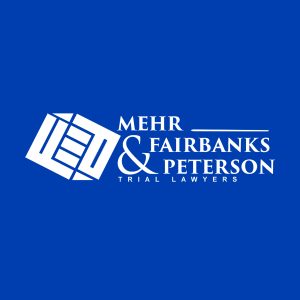
In late April, Mehr Fairbanks Trial Lawyers defeated Allstate Insurance Company’s motion for protective order of insurance claim files relating to a bad faith claim. In their opinion entered on April 28th, the Circuit Court held that the probative value of the documents to the Plaintiff’s case outweighed any prejudice to the Defendant, thus denying Allstate’s claim that information within the documents should be protected from discovery during the ongoing litigation.
The case at issue arose after an automobile accident occurred in Tennessee. The parties reached a settlement for bodily injury claims, though the injured party subsequently filed suit for Underinsured Motorist (UIM) coverage in Kentucky court. The Plaintiff later moved to amend their complaint to include claims against Allstate for bad faith and Unfair Claims Settlement Practices. After this motion, the Plaintiff moved to compel discovery of Allstate’s complete copy of their insurance claim file. This motion was granted, and Allstate ordered to comply within 30-days. Allstate then moved for a protective order of the documents, stating that they should be shielded from discovery under both the work product doctrine and attorney-client privilege. The work product doctrine requires that documents that have been prepared by legal counsel in preparation for litigation should not be discoverable by the other party, as it would provide an unfair edge to opposing counsel. Attorney-client privilege protects the private information shared between an attorney and their client from discovery.
Since the discovery request relates to the bad faith claim against Allstate, the Court must make several considerations when determining whether to grant a protective order. First, the Court must classify the bad faith claim by determining whether it is first- or third-party. First-party bad faith claims occur when “the insured sues the insurer for failing to use good faith to resolve the insured’s claim.” The Court concludes that the current claim falls into this category, as it “concerns a claim between an insurer and its insured.” Next, the Court must consider whether any privilege exists which could exclude part of the requested document from discovery, though not its entirety. Here, the Court looks to established case law stating that, “attorney-client privilege and work product doctrine are generally inapplicable in first-party bad faith cases.” The Court states that even if the claim file includes information that is work product or is protected by attorney-client privilege, in this category of cases, “discovery of the entire claim file is appropriate.”
 Kentucky ERISA Disability & Life Insurance Claim Lawyers
Kentucky ERISA Disability & Life Insurance Claim Lawyers

